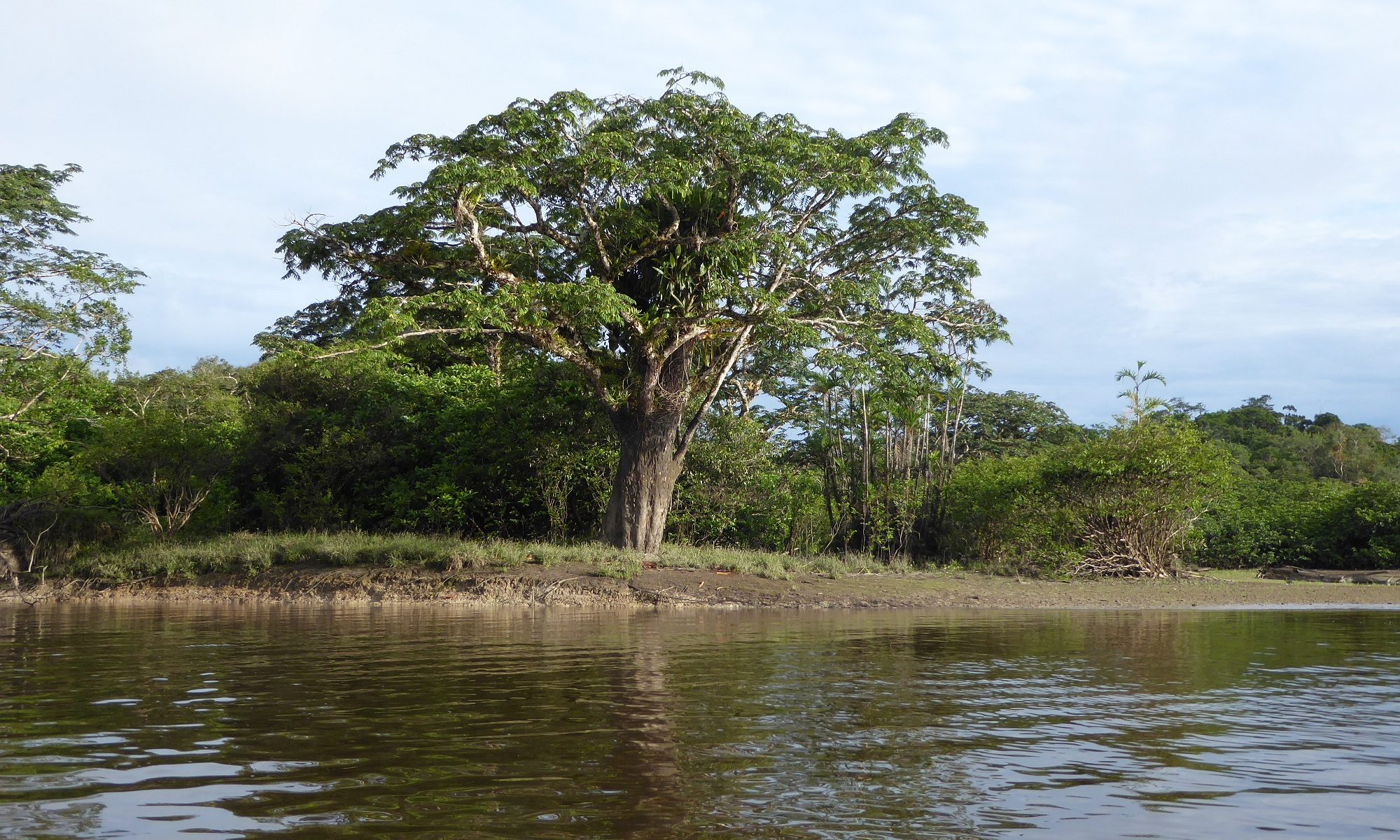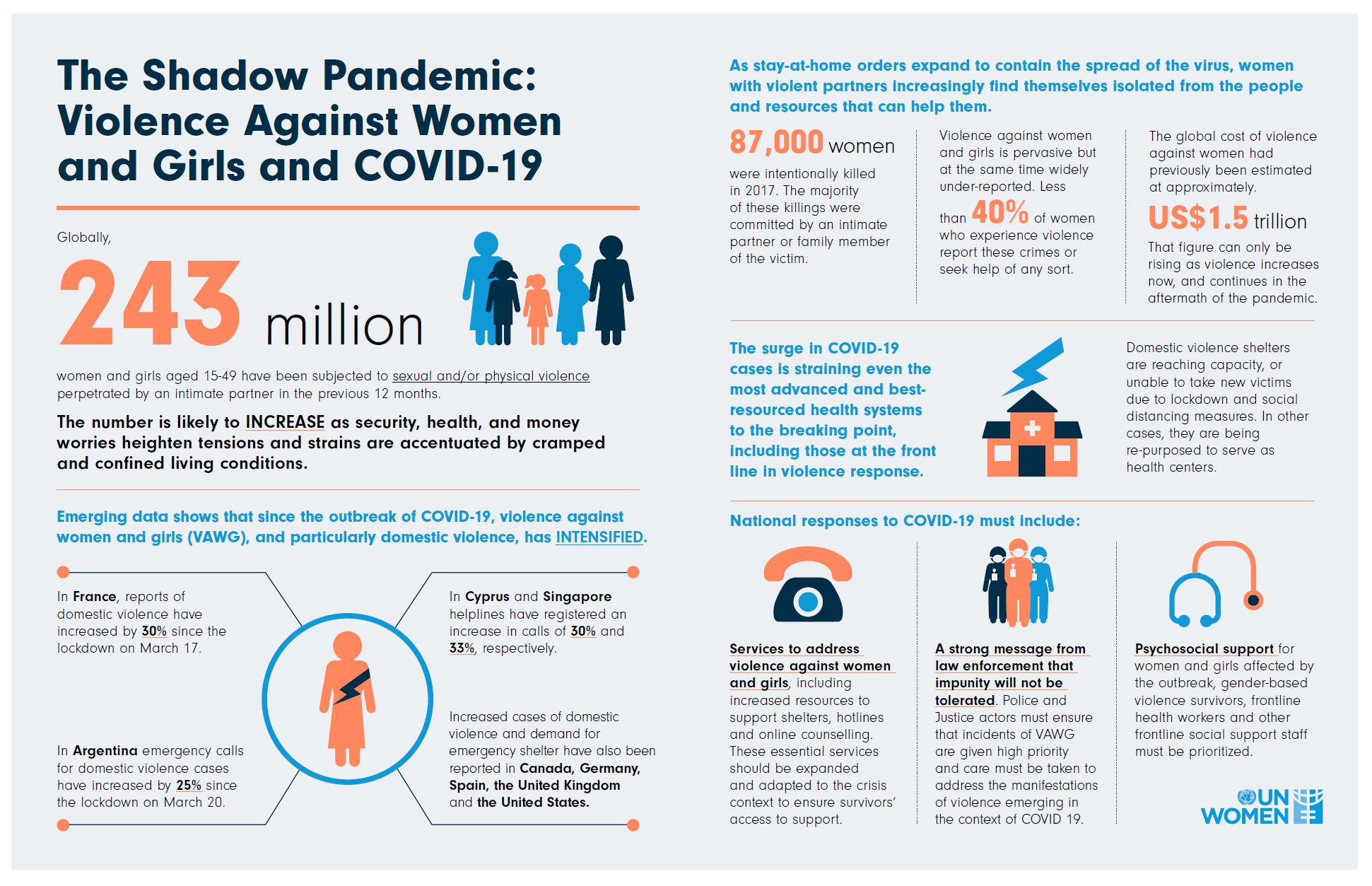We published the book Plurinacionalidad y Justicia Epistémica, with Abya Yala (edited by Ruth Arias-Gutiérrez and Paola Minoia), and a Special Issue titled “Education and socio-environmental justice in the pluriverse” (edited by Paola Minoia and José Castro-Sotomayor) is forthcoming in the journal Globalizations.
Moreover, here are some articles and a book chapter that have been published, with the links to read them online:
– Arias-Gutiérrez, R. I., & Minoia, P. (2023). Decoloniality and critical interculturality in higher education: experiences and challenges in Ecuadorian Amazonia. Forum for Development Studies, 50(1), 11-34. https://doi.org/10.1080/08039410.2023.2177562
– Castro-Sotomayor, J., & Minoia, P. (2023). Cultivating postdevelopment from pluriversal transitions and radical spaces of engagement. In H. Melber, U. Kothari, L. Camfield, & K. Biekart (Eds.), Challenging global development: towards decoloniality and justice (pp. 95-116). (EADI Global Development Series ). Palgrave Macmillan. https://doi.org/10.1007/978-3-031-30308-1_6
– Minoia, P., Tapia, A., & Kaukonen Lindholm, R. E. (2024). Epistemic territories of kawsak sacha (living forest): cosmopolitics and cosmoeducation. Globalizations. https://doi.org/10.1080/14747731.2024.2308332
New publication: ‘Fostering Indigenous young people’s socio-environmental consciousness through place-based learning in Ecuadorian Amazonia’
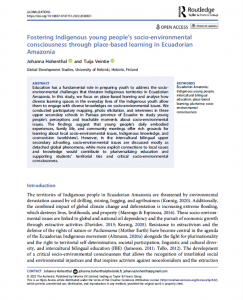 A new article authored by Johanna Hohenthal and Tuija Veintie was published open access as part of a special issue ‘Education and Socio-environmental Justice in the Pluriverse’ in the journal Globalizations.
A new article authored by Johanna Hohenthal and Tuija Veintie was published open access as part of a special issue ‘Education and Socio-environmental Justice in the Pluriverse’ in the journal Globalizations.
The article focuses on place-based learning and analyses how diverse learning spaces allow the Indigenous youth in Ecuadorian Amazonia to engage with diverse knowledges on socio-environmental issues. The study draws from interviews, participatory mapping and photography done with and by students in three intercultural bilingual upper secondary schools in the Pastaza province of Ecuadorian Amazonia. The field work was carried out in collaboration between the Nordic and Ecuadorian researchers/university students and supported by the Goal4+ project and the Universidad Estatal Amazónica based in Puyo.
‘The findings suggest that young people’s daily embodied experiences, family life, and community meetings offer rich grounds for learning about local socio-environmental issues, Indigenous knowledge, and cosmovision (worldview). However, in the intercultural bilingual upper secondary schooling, socio-environmental issues are discussed mostly as detached global phenomena, while more explicit connections to local issues and knowledge would contribute to pluriversalizing education and supporting students’ territorial ties and critical socio-environmental consciousness.’
Hohenthal, J. & Veintie, T (2022). Fostering Indigenous young people’s socio-environmental consciousness through place-based learning in Ecuadorian Amazonia. Globalizations. DOI: 10.1080/14747731.2022.2038831
New publication: “The (im)possibilities of education in Amazonia: assessing the resilience of intercultural bilingual education in the midst of multiple crises”
 A new open access article by Tuija Veintie, Johanna Hohenthal, Katy Machoa and Anders Sirén is published in the Journal Diaspora, Indigenous and Minority Education. Studies of Migration, Integration, Equity, and Cultural Survival.
A new open access article by Tuija Veintie, Johanna Hohenthal, Katy Machoa and Anders Sirén is published in the Journal Diaspora, Indigenous and Minority Education. Studies of Migration, Integration, Equity, and Cultural Survival.
The article discusses educational inequities related to digital divide, Indigenous education and community resilience against multiple crises. The study brings forward perspectives from the Amazonian Indigenous Kichwa and Shuar communities in the Pastaza Province in Ecuador. National level surveys do not reach the Amazonian youth living in Indigenous communities due to poor quality of telecommunication networks and limited or no access to information and communication technologies. This study is based on interviews with school directors from nine Intercultural bilingual upper secondary schools and a case study that involves teachers, students, parents and leaders in one remote rural Indigenous Kichwa community.
Three chapters in the book: Situating Sustainability: Handbook of Contexts and Concepts
Our Helsinki-based team has participated in the book Situating Sustainability: Handbook of Contexts and Concepts edited by C. Parker Krieg and Reetta Toivanen, published in November 2021, with three conceptual chapters that refer to our research within the project “Goal 4+ Eco-cultural Pluralism in Ecuadorian Amazonia”. The three chapters deal with the concepts of: Anthropocene from the indigenous perspective of the Kawsak Sacha (living forest); Intercultural Bilingual Education experiences in Ecuador; and Politics of Scales informing territorial strategies of indigenous peoples.
Chapter 3: Anthropocene Conjunctures: The Anthropocene is the proposed name for a new geologic era in which humans are held to be a defining agent of planetary history, largely by the effect of fossil fuel use in industrial societies. This chapter contextualizes the rise of Anthropocene discourse across academic disciplines and provides critical examples from an ‘ecomodernist’ institute located in California, and from the indigenous Kichwa people of Ecuador and their strategies of political ecology based on the kawsak sacha (living forest) principle. The chapter illustrates the pitfalls and potential offered by this new periodization of anthropogenic change and the definition of the anthropos that the term calls into question. Drawing on posthumanist geography and cultural studies, it also challenges the centrality of the human agency.
Krieg, C. P., & Minoia, P. (2021). Anthropocene Conjunctures. In R. Toivanen, & C. P. Krieg (Eds.), Situating Sustainability: A Handbook of Contexts and Concepts (pp. 39-50). Helsinki University Press. https://doi.org/10.33134/HUP-14-3
Chapter 5: Education: This chapter illustrates the transformative role that national education systems can play in working toward Sustainable Development Goals. Offering comparative examples from the ‘plurinational state’ of Ecuador and the ‘Northern European welfare state’ of Finland, the chapter discusses diverse approaches to sustainability through education within global discourses and national education policies in two different contexts. The chapter highlights the potential of teaching languages, critical thinking and global consciousness, and cultural alternatives to high-consumption lifestyles. In the first example, it examines the buen vivir (good living) principle in the context of Intercultural Bilingual Education in the Latin American plurinational, pluricultural, and multiethnic state of Ecuador.
Veintie, T., & Hohenthal, J. (2021). Education. In C. P. Krieg, & R. Toivanen (Eds.), Situating Sustainability: A Handbook of Contexts and Concepts (pp. 63-77). Helsinki University Press. https://doi.org/10.33134 /HUP-14-5
Chapter 7: Scales: This chapter rethinks scales as an opportunity for sustainability studies to engage with decolonial strategies that stand against the confinement of Southern studies as local knowledge, compared to the Western knowledge that is seen as universal. Politics of scales inform sustainability science to focus carefully on peoples’ institutions, territories, and territorialities as contingent levels of power interactions. Examples are offered by the plurinational ‘scale jumping’ as rescaling strategies played by indigenous organizations in Ecuador in relation to the central powers, to affirm the plurinational identity of the state; and by kinship networks in Northeast Madagascar. These strategies redefine the western ordering of scales and redress complicated histories of ecological and social colonization.
Minoia, P., & Mölkänen, J. (2021). Scales. In C. P. Krieg, & R. Toivanen (Eds.), Situated Sustainability : A Handbook of Contexts and Concepts (pp. 91-104). Helsinki University Press. https://doi.org/10.33134 /HUP-14-7
New article: ‘Territorial and mobility justice for Indigenous youth: accessing education in Ecuadorian Amazonia’
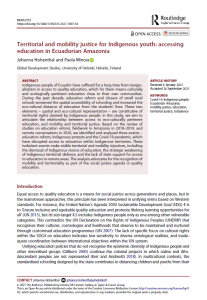 A new research article written by Johanna Hohenthal and Paola Minoia (with acknowledgements of the contributions of the whole ‘Goal4+’ research team) was just published (open access) in the journal Mobilities. The article aims to
A new research article written by Johanna Hohenthal and Paola Minoia (with acknowledgements of the contributions of the whole ‘Goal4+’ research team) was just published (open access) in the journal Mobilities. The article aims to
articulate the relationship between access to eco-culturally pertinent
education, and mobility and territorial justice. It suggests that the “accessibility of quality education should be interpreted as the exercise of the right to education encompassing ecological, cultural and linguistic diversities, and supporting the identities, emplacement and territorial control of Indigenous people.” This definition of accessibility includes three important dimensions: the eco-cultural pertinence of education, spatial proximity and sustainable mode of school travel. The argumentation of the article is based on an analysis of ‘turbulent’ events that have disrupted educational mobility and access to education within the Indigenous territories in the Pastaza province of Ecuador: 1) an education reform that began during rule of the President Rafael Correa in 2011, 2) Indigenous protests linked to territorial struggles, and 3) the Covid-19 pandemic.
The article concludes: “Above all, the realisation of both mobility and territorial justice means the opportunity to make sustainable life choices that do not force uprooting of Indigenous people from their territories but allow access to education and thus participation in the wider society. In addition, mobility justice means the possibility to move in a sustainable way that allows the creation and maintenance of body-territorial connection and learning without damaging the environment. Territorial and mobility justice perspectives should be integrated into the social justice agenda of quality education globally. This would allow the emergence of reformative actions that move beyond the essentialised constructions of the social and educational disadvantages of the Indigenous areas and people, and instead, recognise the particularities of Indigenous places and mobilities and support Indigenous territorial strategies.”
Hohenthal, J. & P. Minoia (2021). Territorial and mobility justice for Indigenous youth: accessing education in Ecuadorian Amazonia. Mobilities (online). https://www.tandfonline.com/doi/full/10.1080/17450101.2021.1987154
Master’s thesis: Education and Indigenous Territorial Struggles : A study on the Sapara people’s experiences with the education system in the Ecuadorian Amazon
Text and photos: Riikka Kaukonen Lindholm
[Haz clic aquí para version en español]
Riikka Kaukonen Lindholm wrote her master’s thesis about the territorial and educational struggles experienced by the Sapara people as the part of the research project Goal 4+: Including Eco-cultural Pluralism in Quality Education in Ecuadorian Amazonia. She is a doctoral researcher in global development studies in the University of Helsinki. Her PhD research deals with indigenous ecocultural knowledge and alternatives to extractivism in the Ecuadorian Amazon. This blog post introduces the topic and central arguments of the master’s thesis.
The focus of the thesis is on the education of indigenous peoples, especially on how education can facilitate territorial self-determination and political emancipation for them. Indigenous movements world-wide and in Ecuador have focused on creating education respectful of and relevant to indigenous cultural background and knowledge. The thesis explores further the interconnectedness of education and indigenous territorial politics, as they have been together in the forefront of the indigenous movement in Ecuador, and they link the epistemological struggle of recognising Indigenous knowledges to environmental issues prevalent in the country dependent on extractivism. As indigenous peoples often inhabit environmentally vulnerable regions, the thesis examines how for the indigenous groups of Ecuadorian Amazon the relationship between education and territory can aim to be mutually beneficial, encouraging both preservation of the diverse cultures and environment in the biocultural landscapes.
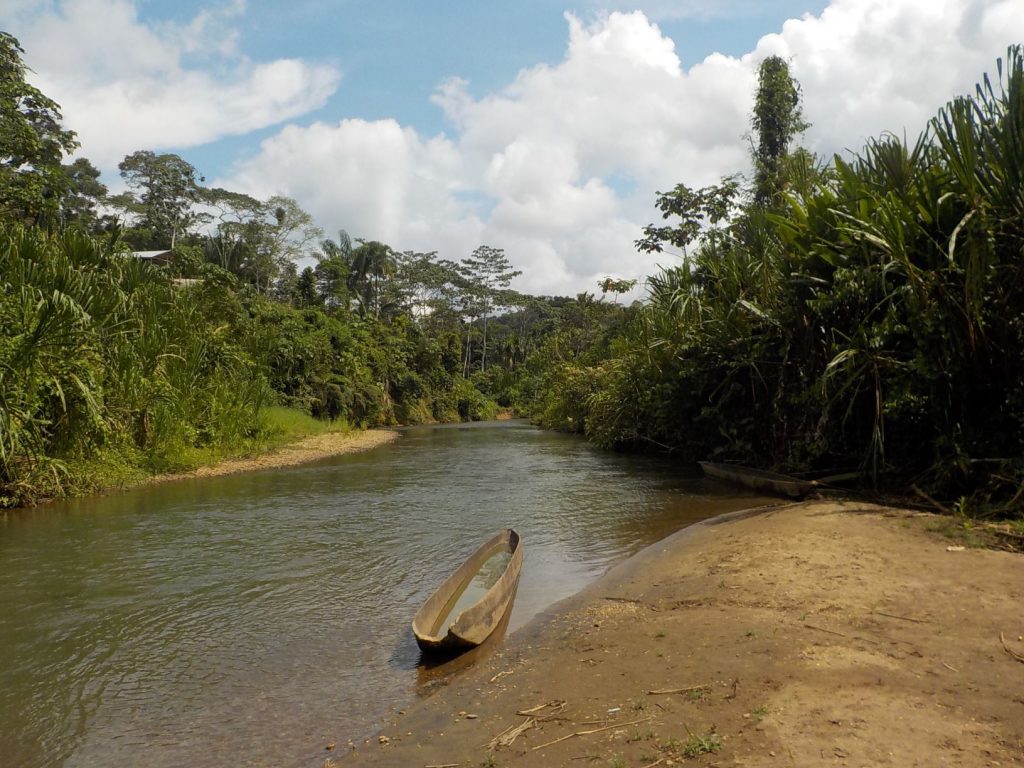
Covid-19 Pandemic among Indigenous Kichwa Communities in Ecuadorian Amazonia
Here is the link to a new article by Andres Siren et al: Resilience Against the Covid-19 Pandemic among Indigenous Kichwa Communities in Ecuadorian Amazonia, published by Preprints 2020 (online)
Abstract: There has been a very widespread contagion of covid-19 in Kichwa indigenous communities in Ecuadorian Amazonia, but the peak of contagion has already passed, and total mortality has been remarkably low. The Kichwa people themselves typically attribute this to the widespread use of medicinal plants.
Current issues on gender-based violence and discrimination – reports from Ecuador and the world
Text: Tuija Veintie
International Day for the Elimination of Violence against Women on 25th of November reminds about the worldwide problem of gender-based violence. Women and girls are particularly at risk of experiencing violence in times of social and economic crisis. This year, the outbreak of the COVID-19 pandemic has threatened the health and well-being of people around the world, deepening social and economic inequalities, exacerbating poverty. At the same time, violence against women and girls, and particularly domestic violence, has intensified globally, according to the United Nations (UN, 2020).
Also in Ecuador, domestic violence against women and girls has been increasing during the pandemic. Among others, Indigenous women living in the outskirts of big cities and in rural communities run a particular risk of experiencing violence due to their vulnerable socio-economic situation (Sacha Samay, 2020). Moreover, recent reports bring forward many other forms of violence that Indigenous women experience at the same time when they carry a heavy load of unpaid and unacknowledged care work in their families. In a declaration released in commemoration of the International Day for the Elimination of Violence against Women, the women representing the Confederation of Indigenous Nationalities of Ecuador (CONAIE) highlight the multiple forms of violence that Indigenous and rural women experience:
“as physical and sexual violence that many times ends up in femicide; as economic violence when our work is not valued and we do not have the necessary conditions to make the land produce and to commercialize our products; we live the obstetric violence when the medical system abuses us without understanding on our cosmovision; we live symbolic violence when we are discriminated for being Indigenous, and for living in rural areas; the violence is also present in our territories when invaded by the military forces and when destroyed or contaminated with mining, petroleum, and monoculture farming; we live political violence when we are prevented from holding public positions.” (CONAIE, 2020a. Translation from Spanish by author). Continue reading “Current issues on gender-based violence and discrimination – reports from Ecuador and the world”
Overview of the year 2019 and glimpse to the upcoming project activities
During the year 2019, fieldwork and data collection were the main activities of the project. The project team met during three periods of fieldwork in Ecuador. In January, Paola Minoia and Andrés Tapia interviewed and discussed with key actors, including professionals and experts in education, ancestral knowledges, decoloniality and interculturality, as well as with Indigenous leaders and representatives of NGOs, in Quito and Pastaza. In March-June and September-October, Tuija Veintie, Johanna Hohenthal, Andrés Tapia, Katy Machoa, Tito Madrid and students of the UEA visited the IBE upper secondary schools in Pastaza and interviewed directors, teachers, students and parents. Three schools were selected for more comprehensive field study: UEIB “Camilo Huatatoca” in Santa Clara, UEIB “Sarayaku” and UEIB “Kumay”. In these schools, we conducted a higher number of in-depth interviews with teachers and students, questionnaire surveys, classroom observation, as well as participatory mapping and photography with the students.
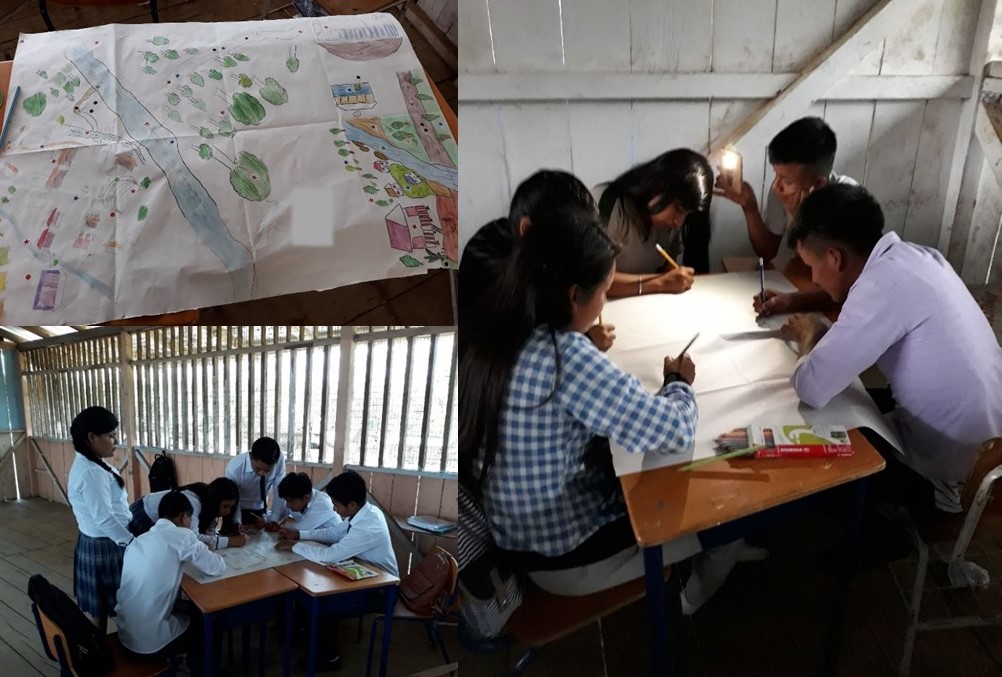
Continue reading “Overview of the year 2019 and glimpse to the upcoming project activities”
Un nuevo libro: Prácticas pedagógicas para el fomento de la interculturalidad en el contexto universitario
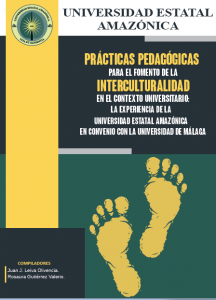
(English version below)
Un libro editado titulado: Prácticas pedagógicas para el fomento de la interculturalidad en el contexto universitario: la experiencia de la Universidad Estatal Amazónica en convenio con la Universidad de Málaga, fue publicado en julio. El libro fue compilado por Dr. Juan J. Leiva Olivencia de la Universidad de Málaga, España, y Dra. Rosaura Gutiérrez Valerio, de la Universidad Estatal Amazónica.
